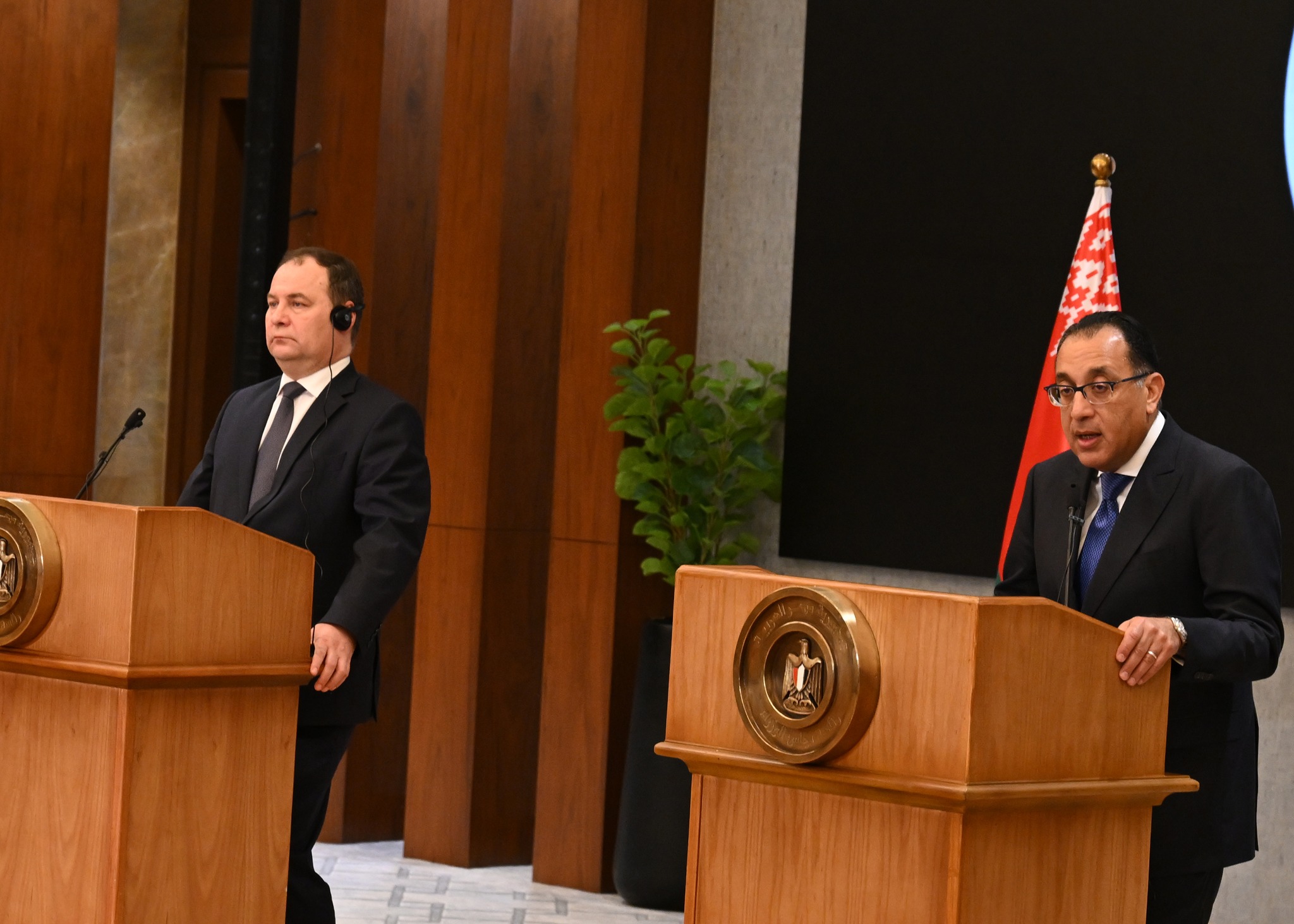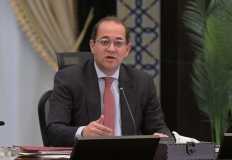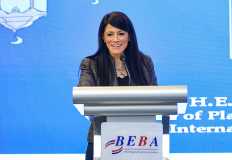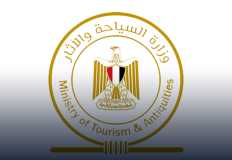
Belarus expressed its readiness, Tuesday, to transfer technology to Egypt in the field of heavy industries, and to assist it in its efforts to localize the industry, as well as to establish grain storage complexes in Egypt.
Belarusian Prime Minister Roman Golovchenko announced that
during the press conference held with his counterpart PM Dr. Mostafa Madbouly,
following their talks at the government headquarters in the New Administrative
Capital. The conference was attended by a number of ministers and officials.
Golovchenko said that this visit represents a serious step
to deepen cooperation between the two countries. They pointed out that both
countries have achieved many achievements in the field of trade cooperation,
despite the obstacles and instability in many regions around the world. These
challenges are in addition to the financial and economic problems that have
fully affected economic relations with many countries.
He continued that a series of significant Memoranda of Understanding (MoUs) were signed, marking a major step towards stronger relations and enhanced cooperation. This signifies the launch of our dedicated joint efforts, with a particular focus on collaboration in the industrial sector, especially in complementary industries and heavy equipment assembly relying on agricultural tractor factories. He stressed that we are working on to expand this cooperation into a wider range of fields.
He pointed out that in the past decade, over 40,000
agricultural tractors have been delivered to the Egyptian market. This
signifies his country's commitment to expanding cooperation beyond just
tractors, encompassing various fields like agricultural machinery, heavy
transport, and construction equipment. The goal is to localize production in
Egypt and even re-export these products to the African market.
He also said: "We are ready to transfer technology to
Egypt, localize and expand those industries, as well as expand the list of
products, which will allow increasing the volume of trade exchange between the
two countries."
The Belarusian PM pointed out that cooperation in the
agricultural field, in particular, is an important and vital cooperation within
the agenda of both countries, saying: "We are cooperating intensively in
this field, and Belarus would like to have grain storage complexes in Egypt,
and that joint manufacturing of feed, agricultural and food products will also
take place inside Egypt, which is one of the most important of those industries
in the Eurasian Union”, explaining Belarus's superiority in this field.
On his part, Dr. Madbouly emphasized the breadth of the
strong Egyptian-Belarusian relationship, encompassing commerce, industry,
investment, and tourism. Belarusian capabilities in the production of
agricultural equipment, machinery, and tractors are well-known throughout
Egypt's rural areas. Both Egypt and Belarus are actively working to boost joint
manufacturing ventures in this sector and others, both traditional and emerging
in addition to the advantages and incentives Egypt offers that can benefit
Belarusian investors.
He added that the executives from prominent Belarusian
companies accompanying the Belarusian PM, reflects Egypt's aspiration to
support the role of the private sector as a locomotive for development. Hence,
he looks forward to holding a joint business forum on the sidelines of the
visit.
Madbouly welcomed the Belarusian tourists, especially to the
coastal cities on the Red Sea, since Egypt is rich in many archaeological and
touristic sites. He also expressed his hope to increase the rates of Belarusian
tourism to Egypt, as well as Egyptian tourism to Belarus.
The PM affirmed that tourism and investment exchange between
the two countries should be an incentive to increase the rates of trade
exchange, as it does not yet rise to the desired levels or achieve maximum
benefit from Egypt's distinguished geographical location and its multiple trade
partnerships in the Arab region and the African continent, in addition to
Belarus's distinguished location and its membership as one of the founders of
the Eurasian Economic Union.
The bilateral talks focused on removing
challenges and boosting trade and investment, especially in food, pharmaceuticals,
and heavy industries





